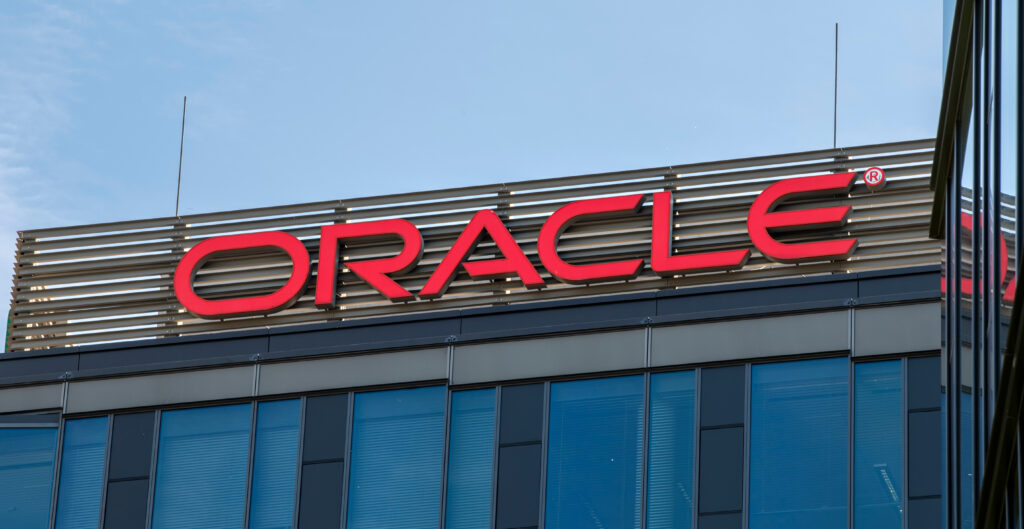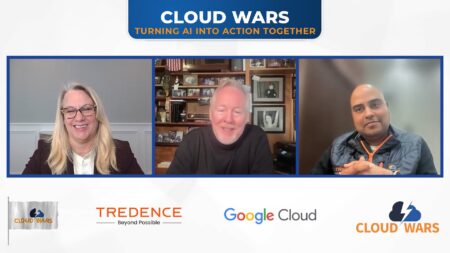
Given its massive footprint in the enterprise computing market, there’s arguably no more important data source that AI agents and copilots must connect to than the Oracle database.
That’s why Oracle’s embrace of the Model Context Protocol, or MCP — which adds context to a Large Language Model by enabling that LLM to interact directly with a data source in a standard format — is so important.
Oracle is providing that support in the form of MCP Server for Oracle Database, which integrates MCP support into its core developer tools, making its flagship database accessible on any AI platform supporting MCP.
MCP Server for Oracle Database, the first MCP deliverable from Oracle, makes integration possible through the Oracle Database command line interface. OracleSQLcl ships with tools including Oracle SQL Server Developer extension for VS Code. OracleSQLcl provides MCP functionality that allows an AI assistant to securely connect to Oracle Database, managing credentials and running SQL database queries and scripts.
The diagram below depicts the software architecture that includes MCP Server:

Software requirements for using the MCP server include:
- an Oracle Database
- Oracle SQLcl with one or more defined database connections
- user’s preferred development environment and LLM
When setting up MCP Server for Oracle Database, the company emphasized two security protections that database admins should follow:
- Enable the least privileges that will enable users to accomplish their required tasks, thereby limiting the data that’s accessible to the LLM
- Use a sanitized, read-only replica or a data subset (instead of providing access to production databases for the LLM), while also conducting regular audits of LLM queries to discover anomalies or attempts to access restricted data.

AI Agent & Copilot Summit is an AI-first event to define opportunities, impact, and outcomes with Microsoft Copilot and agents. Building on its 2025 success, the 2026 event takes place March 17-19 in San Diego. Get more details.
New Functionality
By tapping into an Oracle Database through MCP, users can ask for help performing database functions in their native language, which LLMs can use to generate SQL to complete the users’ requests.
Developers will be able to use agentic workflows to run AI-generated SQL statements on an Oracle Database and then interact with the results, as opposed to having AI provide SQL for them to manage.
Users can also utilize their preferred AI platform to explore their Oracle Database and the data it stores, and even have the AI platform explain the data to them.
Potential Use Case
Oracle outlined a way that a user or developer might deploy its new MCP Server. A user who has personal or corporate access to MCP server might ask their AI assistant to provide details on what’s stored in a dataset within an Oracle database as well as the type of data.
The LLM has been trained to explore the database’s data dictionary by asking for permission and querying user tables. The LLM also wants to run SQL on behalf of the requesting user to satisfy the request for details on the types of data stored there. The user is asked to approve actions and queries; OracleSQLcl provides transparency into the activities of the LLM inside the database.
The result can be a response like the one shown below:

Closing Thoughts
Oracle’s endorsement, and delivery of a server for access to its flagship database, is another critical development adding to MCP’s momentum as a standard for connecting AI tools and data sources in a standard format.
As one of the dominant database platforms, the importance of Oracle’s product, as well as its endorsement of this standard, can’t be overstated. The new Oracle server continues the trend of industry titans rallying behind MCP for the benefit of customers looking to unlock sophisticated, multivendor AI workflows.
Ask Cloud Wars AI Agent about this analysis










